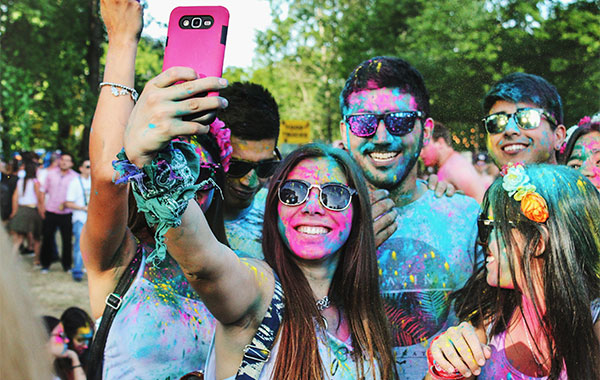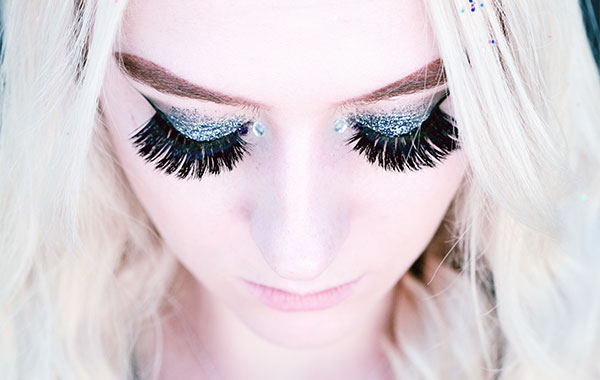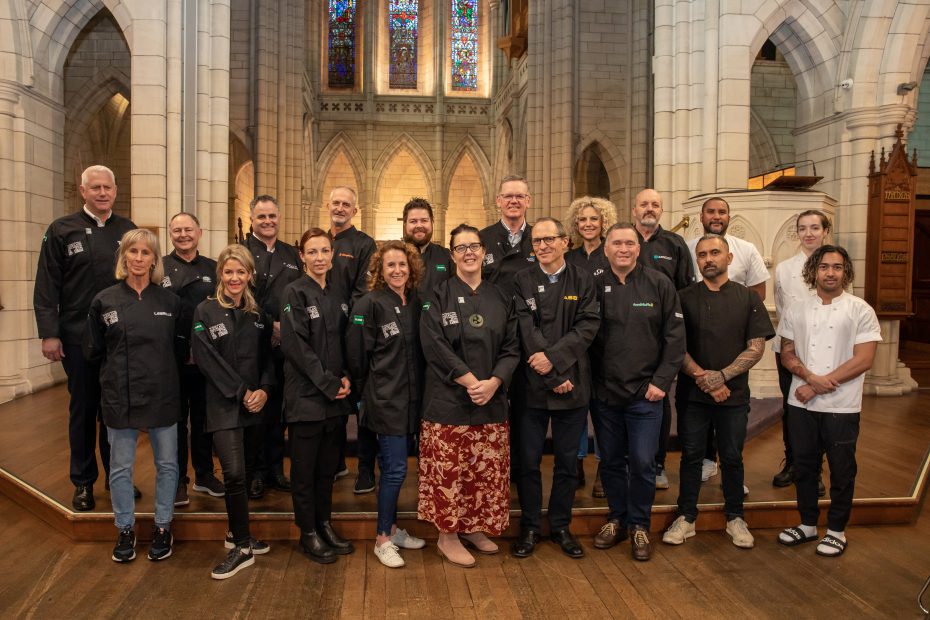Generation Y – often referred to as Millennials – attained their adulthood at the turn of the 21st century.
According to other literature, Millennials were born between the year 1984 and 2004.
What are the Characteristics of Millennials?
Millennials are said to have certain characteristics differing from the slightly older Generation X, for example.
1. Millennials are social butterflies. They use social media platforms to stay updated and follow trends. Millennials use platforms like Spotify/Google Play to sell their music. They use YouTube to air their views and speak their minds. Millennials run popular political blogs which differ from traditional politics of party-support. They’d rather support ideologies than a party.
2. Millennials are tech junkies. They’re happy splurging their cash on electronics and electronic devices. In most Millennial homes, for example, washing dishes is no longer a task for the hands but exclusively for dishwashers.
They scrutinise baby sleeping patterns using high-tech infra-red baby monitors.
Millennials don’t need to hang clothes to dry, they use the latest energy-efficient heat pump dryers instead.
They communicate via multi-camera, ultra-high-resolution mobile devices and religiously capture every waking Insta-worthy moment and share it via YouTube or SnapChat.
3. Millennials are confident. They are generally very self-aware. So they don’t need re-assuring from authoritative figures like parents – unless raised by ‘Helicopter Parents’ and obliviously entitled. They like to take risks by leaving their parents’ home as soon as possible to establish themselves (provided they can afford it). Because they believe in their capabilities.
4. Millennials are progressive. Millennials are open to the idea of interracial relationships. They don’t qualify a person by their facial features or colour but their emotional (or spiritual) depth.
Millennials are open-minded. They don’t blindly follow the religion or fanatical ideologies. They love to question and get answers. They are open to same-sex relationships.
5. Millennials are optimistic. They’re optimists to what lies ahead. They’re not bound by restrictive religious traditions, like end-of-the-world myths or Heaven and Hell. Most Millennials believe in a spiritual god and not God or the church. Instead of finding fault in the government, they seek to become the government by enabling change.
6. Millennials are global citizens. Most Millennials have travelled from their country of origin to at least one other. If they haven’t, they use the internet to stay connected. They converse as easily and maintain relationships with people on the other side of the world often more so than with their own neighbours.
The Do’s of Marketing to Millennials
Millennials are easy to please yet hard to conquer. A brand has to find a connection and the core values of Millennials. Which means understanding what they love doing in their spare time, for example.
The Do’s of Marketing to Millennials are:
Be social savvy. Most Millennials use apps like Instagram and Snapchat to connect with brands. So how can a brand promote their product on Instagram to appeal to Millennials?
Social interaction brings a brand’s products and Millennials closer.

Appeal to the emotions of Millennials. What causes do you support as a business? How does your business make contributions to the cause? Millennials empathise with the less fortunate and connect with a social impact brand.
Take lots of product photos or selfies. If a product doesn’t have lots of selfies for mass appeal, Millennials won’t connect. How can Millennials show-off an asset if it’s not Insta-worthy?
Have tolerant working conditions (be inclusive). Millennials love including the oppressed (minorities) in the workspaces. Does the brand support LGBTQ+ by employing them? Is the business accommodating to people of all races and religions?
Engage in self-promotion. Millennials love self-promoting themselves. A question Millennials love to ask is how can the product help make them famous?
Have a conducive working environment. Make their work environment clean and visually appealing. Focus less on strict dress-codes and more on their intelligence and the creativity they bring to the business.
Create internet-enabled products. Millennials love tech. Their lives revolve around the internet. Think gaming and the cult following gaming channels create. PewDiePie, a YouTube personality operates a channel with 96 million subscribers. And his channel grows daily. A business could consider creating digital/virtual products with no shipping hassles.
Use video marketing. Video marketing exploded in popularity with YouTube. The possibility of making an income on YouTube or becoming an influencer inspires and drives many Millennials. For example, Millennials buy products online that require home assembling. A channel providing tutorials on how to assemble and use such products (and maybe even product reviews) becomes their go-to reference channel. Because Millennials disregard product manuals and want to operate the product ‘’Now’’.
Engage Millennials with mobile marketing. A staggering majority of Millennials own mobile phones (smartphones). Smartphones take good quality Instagram pictures and allow users to post videos. Many Millennials tap away at their phones every minute or two to update their networks in real-time. Every marketing plan catering for this generation should include a well-thought-out mobile strategy.
Involve influencers (Influencer Marketing). Thanks to reality TV, technology and the internet, the prospect of becoming famous resonates with Millennials more than any other generation beforehand. Millennials also aspire to be experts in their field. So connect with established and trusted Millennial influencers so they can advocate for and endorse your brand and products to their loyal Millennial followers.

Create content relevant to Millennials’ core values. Many Millennials love to learn more about things they like. They want to know about a brand and its purpose – what it stands for. More than other demographics, Millennials look for an emotional connection with brands.
The Don’ts of Marketing to Millennials
Over-promoting. Though Millennials love to self-promote, they don’t identify with a brand over-promoting. Millennials love brands bringing or adding value to the product. To create a buzz around a brand, show the early stages of working (how the brand started). Tell a story.
Unoriginality. Millennials love authenticity. Originality appeals to Millennials. They love to see raw, unfiltered images or videos of behind-the-scenes of a product. It helps them connect with a brand and develop a trusted relationship.
In conclusion, contrary to belief Millennials actually, love product education. They love a company that answers the question, ‘’Why?’’ A business’ why will connect or disconnect a Millennial to a brand’s product.
A business owner must ask themselves how to appeal to the Millennials or risk losing that share of the market. The buying prowess of Millennials is high. Businesses that fail to market to this niche collectively risk losing billions.
To reach Millennials, a business owner must understand what drives or appeals to them. Their passion and life’s desires. They must understand Millennials’ lifestyles. And understand what makes them tick.
Millennials love a brand that truly understands social media. And they are open to the concept of social media as a platform for opportunities to make money. Millennials don’t love brands which criticise them for loving selfies or taking photos of products. That’s their way of appreciating the brands they associate with.
Millennials want to be famous. So what better opportunity is there of connecting and interacting with other Millennials than as an influencer? An influencer becomes a trend for other Millennials to follow. Millennials also see self-promotion as a shameless process. And that anyone should be free to promote themselves without fear or shame – as championed by Shameless Maya, a YouTube Personality.
Millennials love their phones, and brands that don’t use mobile marketing risk losing this demographic of buyers. Because to Millennials you never know when an ‘’Instagram-worthy’’ moment may come knocking. Millennials see pics and videos as social proof.
To Millennials, a big turn-off is traditional marketing and endless brand promotion. They love to know the real story behind a brand’s journey. They believe that no matter what, a brand is essentially human and seeing a brand’s true colours – mistakes and all – helps to build trust. No wonder Millennials connect best with the authenticity of personal videos.
Photo courtesy of Freepik by @javi_indy
Photo courtesy of Unsplash by Julián Gentilezza
Photo courtesy of Unsplash by Sharon McCutcheon


